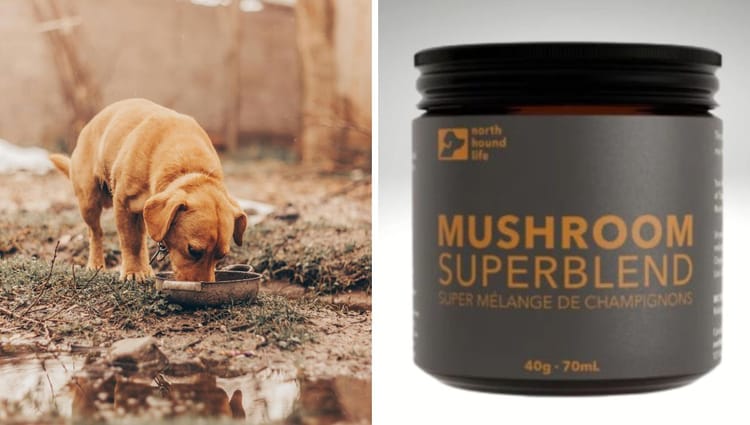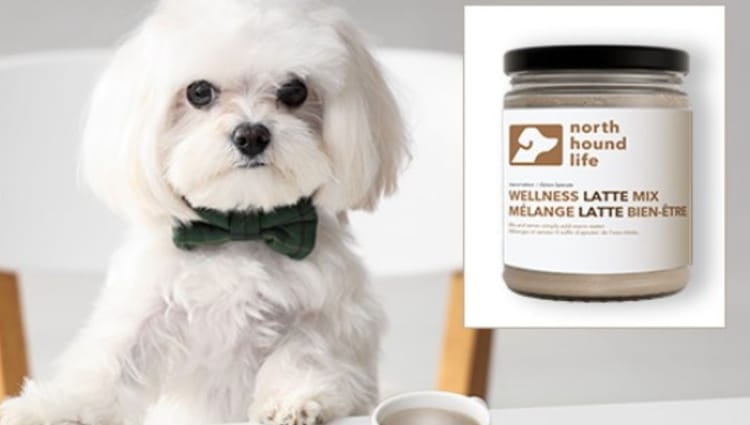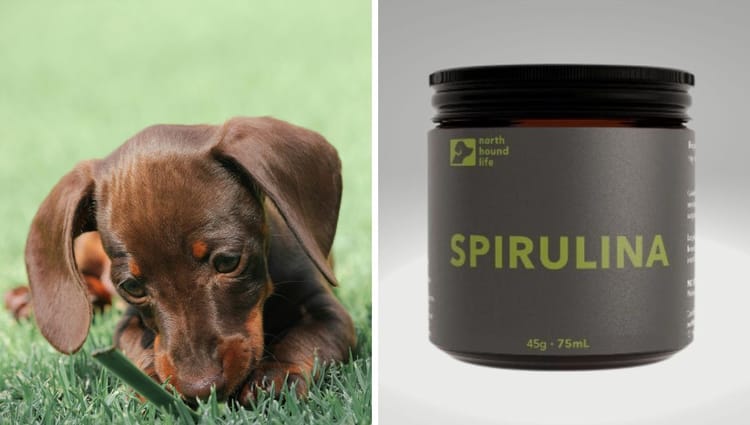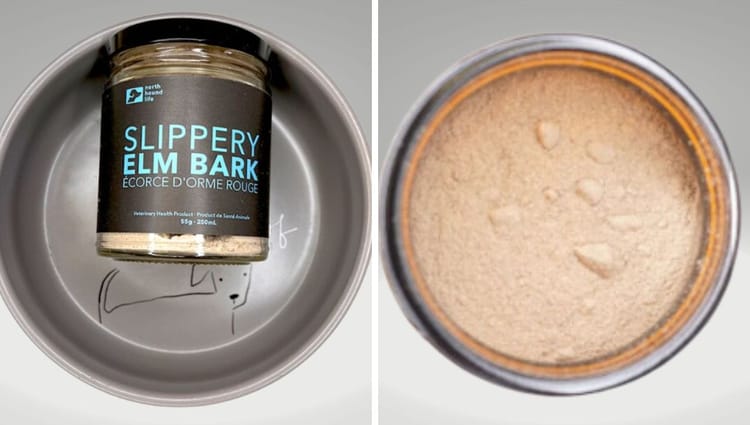Dandelion Roots & Leaves: Superfood for Dogs
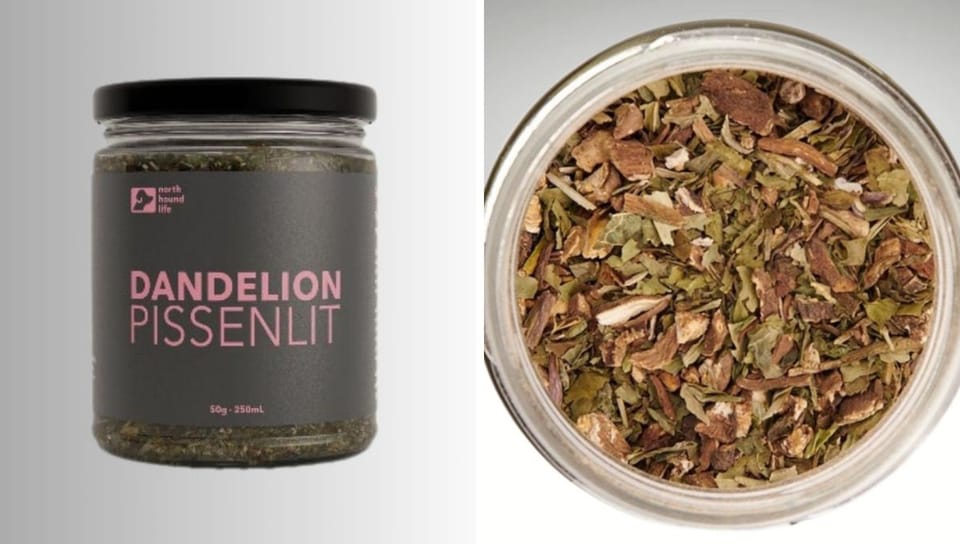
Key Takeaways:
- Dandelion roots and leaves offer numerous health benefits for dogs, including improved digestion and liver function.
- This superfood is rich in essential vitamins and minerals that support overall canine health.
- Incorporating dandelion into your dog's diet can be simple and beneficial, but it's important to consult with a veterinarian first.
Introduction to Dandelion as a Superfood for Dogs
Dandelions, often seen as pesky weeds, are a powerhouse of nutrients that can greatly benefit your dog's health. Both the roots and leaves of this common plant are packed with vitamins, minerals, and antioxidants that can support various bodily functions in dogs. From aiding digestion to boosting liver health, dandelions are a natural and effective way to enhance your dog's diet.
Many pet owners are turning to natural remedies and superfoods to improve their pets' health, and dandelions are gaining popularity in this regard. This article will delve into the specific benefits of dandelion roots and leaves for dogs, how to incorporate them into your dog's diet, and what precautions to take.
Nutritional Benefits of Dandelion Roots and Leaves
Dandelion roots and leaves are rich in essential nutrients that can support your dog's overall health. They contain high levels of vitamins A, C, K, and several B vitamins, which are crucial for maintaining healthy skin, coat, and immune function. Additionally, dandelions are a good source of minerals like calcium, potassium, and iron, which are vital for bone health and muscle function.
The roots of the dandelion plant are particularly beneficial for liver health. They contain compounds that help detoxify the liver and improve its function. This can be especially helpful for dogs with liver issues or those on medication that may strain the liver. The leaves, on the other hand, are excellent for digestion. They act as a natural diuretic, helping to flush out toxins and improve kidney function.
How to Incorporate Dandelion into Your Dog's Diet
Incorporating dandelion into your dog's diet can be simple and straightforward. You can use fresh dandelion leaves, dried leaves, or even dandelion root powder. Fresh leaves can be chopped and added to your dog's regular food, while dried leaves and root powder can be sprinkled over their meals. It's important to start with small amounts and gradually increase the dosage to avoid any digestive upset.
Another way to include dandelion in your dog's diet is through supplements. There are various dandelion supplements available in the market, specifically formulated for pets. These supplements often come in the form of capsules, tablets, or tinctures, making it easy to administer the right dosage. Always consult with your veterinarian before starting any new supplement to ensure it's safe and appropriate for your dog's specific needs.

Precautions and Considerations
While dandelions are generally safe for dogs, there are a few precautions to keep in mind. First, make sure the dandelions you use are free from pesticides and other chemicals. It's best to source them from your own garden or a trusted organic supplier. Additionally, some dogs may be allergic to dandelions, so it's important to monitor your pet for any signs of an allergic reaction, such as itching, swelling, or gastrointestinal upset.
Consulting with a veterinarian before introducing dandelion into your dog's diet is crucial. Your vet can provide guidance on the appropriate dosage and ensure that dandelion is suitable for your dog's specific health conditions. This is especially important for dogs with pre-existing medical conditions or those taking medication, as dandelion can interact with certain drugs.
Real-Life Examples and Success Stories
Many pet owners have reported positive results after incorporating dandelion into their dogs' diets. For instance, one dog owner noticed a significant improvement in their dog's digestion and energy levels after adding fresh dandelion leaves to their meals. Another pet parent shared that their dog's liver enzyme levels improved after using a dandelion root supplement, as recommended by their veterinarian.
These success stories highlight the potential benefits of dandelion for dogs, but it's important to remember that every dog is different. What works for one pet may not work for another, so it's essential to approach any new dietary addition with caution and professional guidance.
Summary
Dandelion roots and leaves are a natural superfood that can offer numerous health benefits for dogs. Rich in essential vitamins and minerals, dandelions can support liver health, improve digestion, and boost overall well-being. Incorporating dandelion into your dog's diet can be simple, whether through fresh leaves, dried leaves, root powder, or supplements. However, it's important to consult with a veterinarian to ensure it's safe and appropriate for your dog's specific needs.
FAQ
1. Can all dogs eat dandelion roots and leaves?
Most dogs can safely consume dandelion roots and leaves, but it's important to start with small amounts and monitor for any adverse reactions. Always consult with your veterinarian before introducing dandelion into your dog's diet, especially if your dog has pre-existing health conditions or is on medication.
2. How much dandelion should I give my dog?
The appropriate amount of dandelion depends on your dog's size, weight, and overall health. It's best to start with a small amount, such as a teaspoon of chopped fresh leaves or a pinch of dried leaves, and gradually increase the dosage. Your veterinarian can provide specific dosage recommendations based on your dog's needs.
3. Are there any side effects of giving dandelion to dogs?
While dandelions are generally safe for dogs, some may experience mild side effects such as gastrointestinal upset or allergic reactions. If you notice any signs of discomfort, such as vomiting, diarrhea, itching, or swelling, discontinue use and consult your veterinarian immediately.

